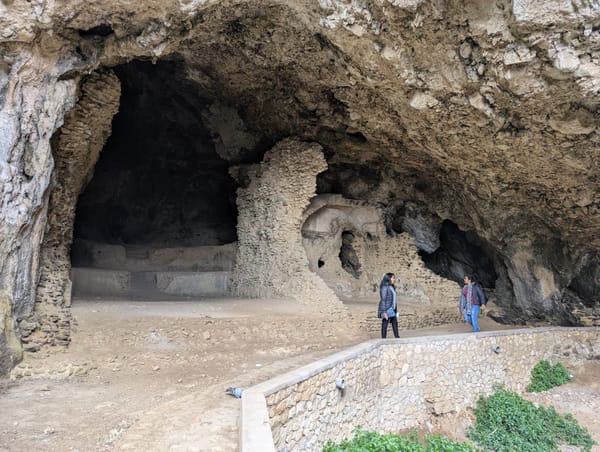The lonely net

I wrote this post back in 2001 to crystallize the ideas that would lead to Tipic Inc., the company that created Splinder. Splinder became the largest blogging and community site in Italy; it was acquired by the Rizzoli Corriere della Sera Group in 2006.
Using the Net today can be a lonely experience but it shouldn't be! One of the unanswered questions that people have when using the Net is: What are other people doing? What are they looking at? What are they talking about? What are they playing? Where can I join them? Where is the action taking place? What's hot and what's not? Today there is no single answer to the question, so there is an opportunity to build the tools to provide the answer.
In the real world we instinctively know when a place is hot - we listen to people talking about it, we go there and take a look or we just stumble into a nice Bar going to work and immediately know that we will spend sometime there. On the Net there I no such thing as walking on the street or hanging around; the normal browser based navigation is between a single person and a Server on the other side. The reason is historical - the Web (which popularised the Net) was born at Cern as a document navigation system, not a communication tool.
Radio and Television are also lonely experiences; we listen or watch passively to them, they are broadcast mediums. The telephone is an improvement because, in order to be used, at least two people talk to each other; the telephone is a two way (point-to-point) medium, the limitation of its functionality being that there is no way to know what other people are doing on the telephone network. Moreover there is no other way to start a conversation other than knowing the number of the person you want to contact and dialling it (most of the times we also know the person we are calling! so it is difficult to expand our network base).
The evolution of the Net until today has been one of importing old models to the new medium and adapting them. Take the typical Web Site for instance, either a news Site or a Portal: if you think about it, they are all about "broadcasting" content with choice - yes we can choose how to navigate a Site but the content is the same for everyone, we do not see what others like and we cannot talk to others (so another way to describe a Site is: "generator of content on demand").
The Net is more than a tool to navigate content (Web). Some people say that e-mail is the killer application; they say that e-email is used by more people than the Web and so it is more valuable. The problem with the above inference is that comparing the Web and the e-mail is like comparing apples and oranges in the sense that the Web is an inherently content navigation tool while the e-mail is a communication tool.
What we are starting to realize is that the Net can be used in a combination of different ways: as a content navigation system for persistent information (mainly the Web), as a communication system to make information flow (Instant Messaging, e-mail, Voip etc.) and of course as a transaction system (authentication, authorization, payment systems etc.).
Going back to our main question about the Net being a lonely experience, we understand that when used mostly as a content navigation system (Web) the Net can indeed be a lonely experience because there is no real communication involved in the Client-Server connection but just a disguised "broadcast".
Some Sites on the Web have been trying to add communication features to the Web. Take sites like SlashDot, or the Wikies or other types of collaborative journalism. One of the feature that makes them successful is the fact that through them we can see what other people are interested in, what they are talking about, what they are reading and eventually contact them - basically what's hot and what's not in a certain interest domain. So the Web gets less lonely because we become part of a community of like minded people.
What we are witnessing is a convergence between communication tools and content navigation tools. Pure communication tools like Instant Messaging are adding content navigation tools - ICQ is trying to push people to create their profiles or Home Pages, Microsoft is doing the same with its communities, Odigo offers tools to see where other people are browsing, Userland is trying to create a community out of a publishing and news collection tool like Radio, Keen connects people based on their interest through the Web and the Telephone. All these efforts point to the same direction (although they start from different perspectives): let's make the Net a less lonely experience.
The conclusion is that there is really a huge opportunity to build the next generation tools to help people "see" each other on the Net and I am sure that many people are thinking or developing them right now. Keep me posted if you are doing just that!
P.s.
To keep this short P2P tools were not covered. The reality is that P2P tools will dramatically increase the speed towards a new Net, where people will be able to find each other even more easily - but this is food for thought for a new post.





